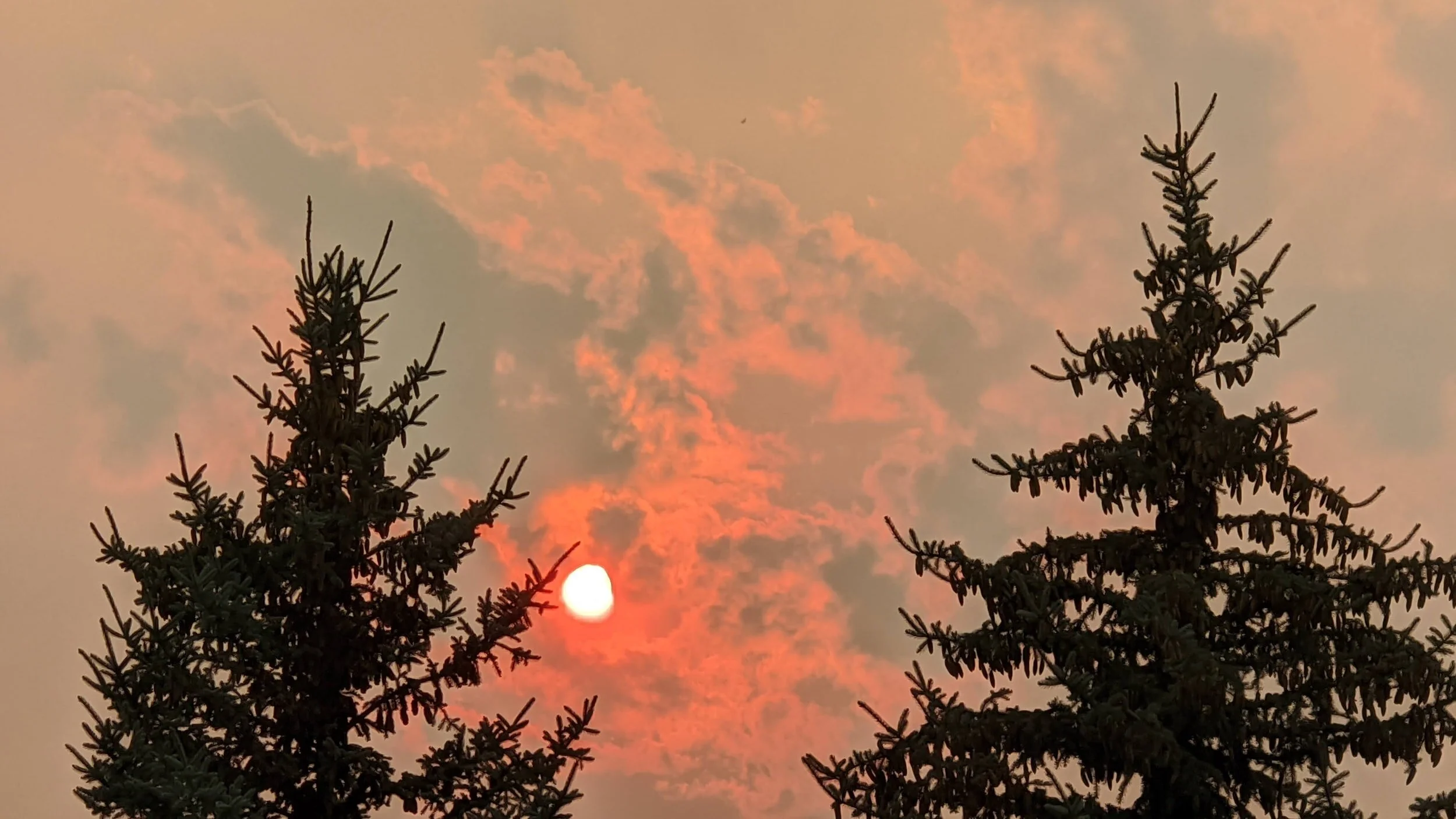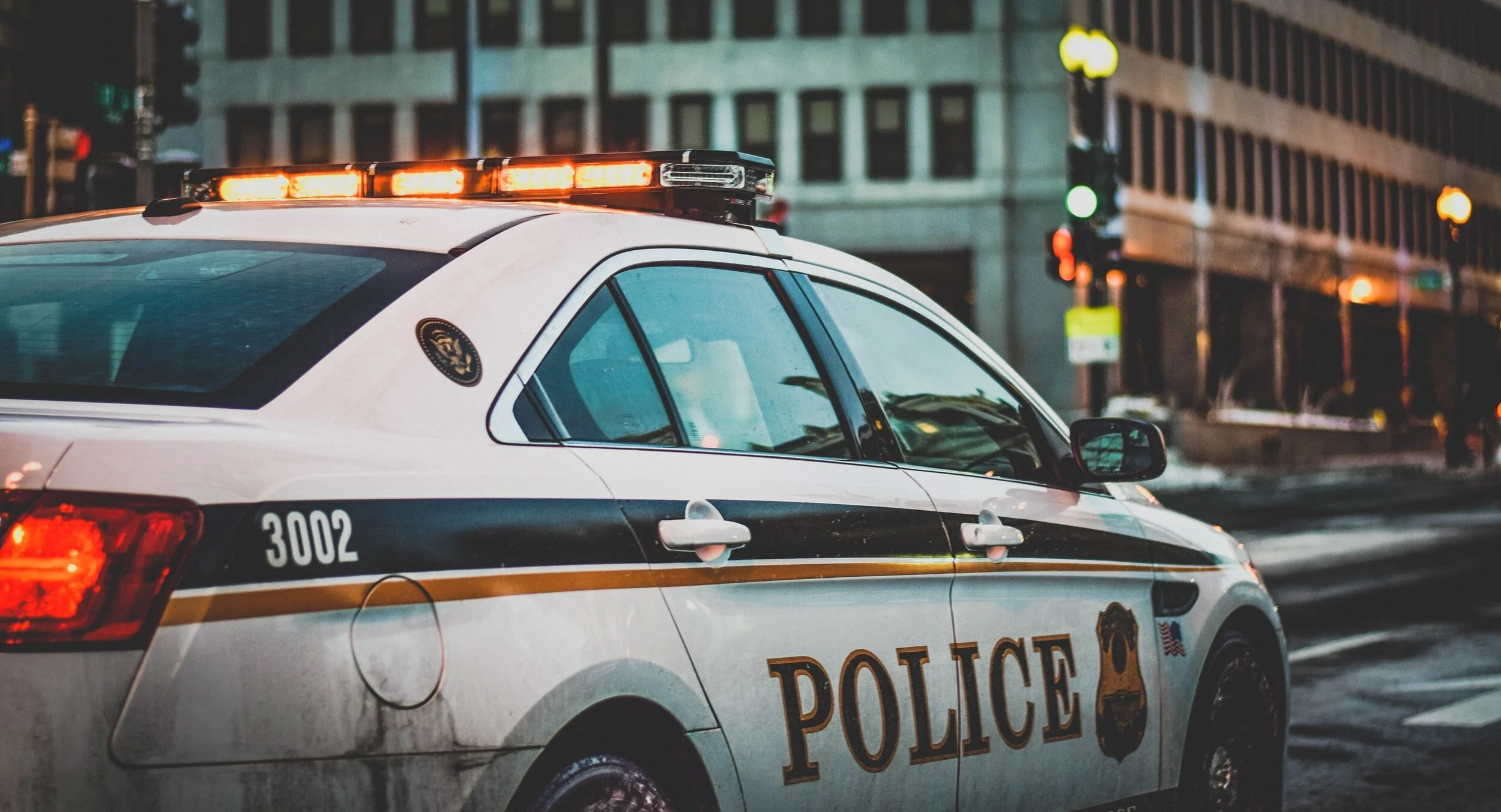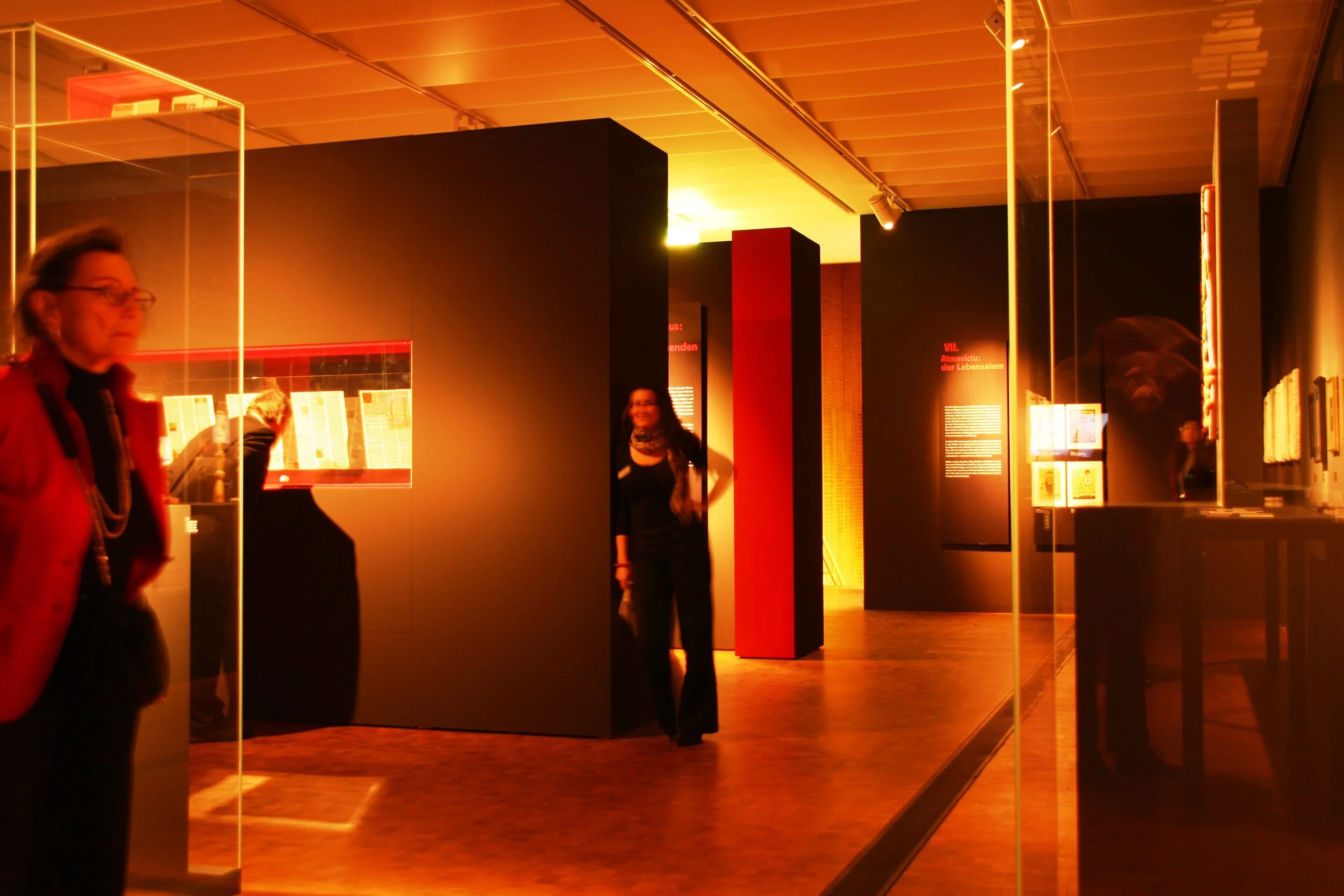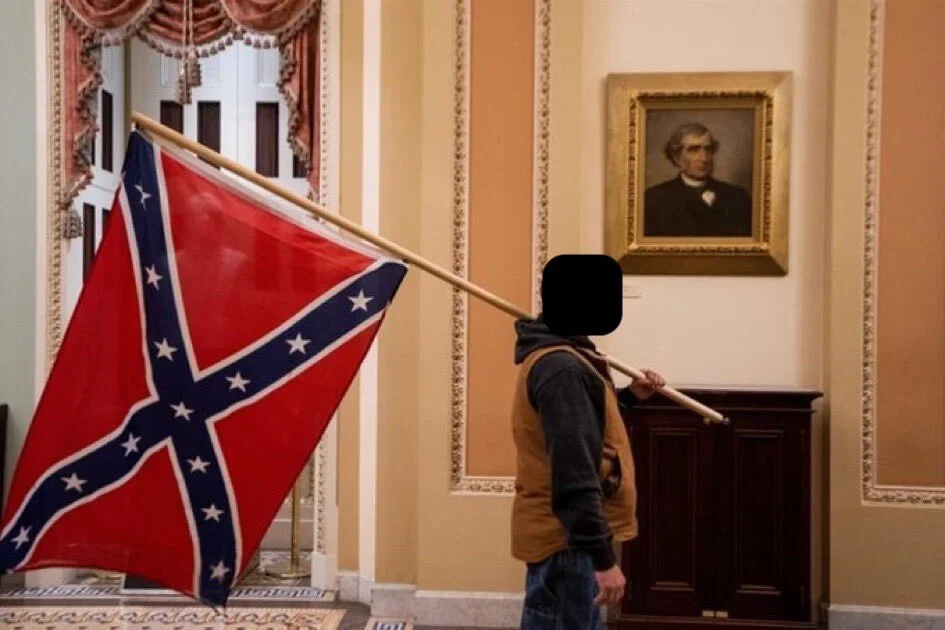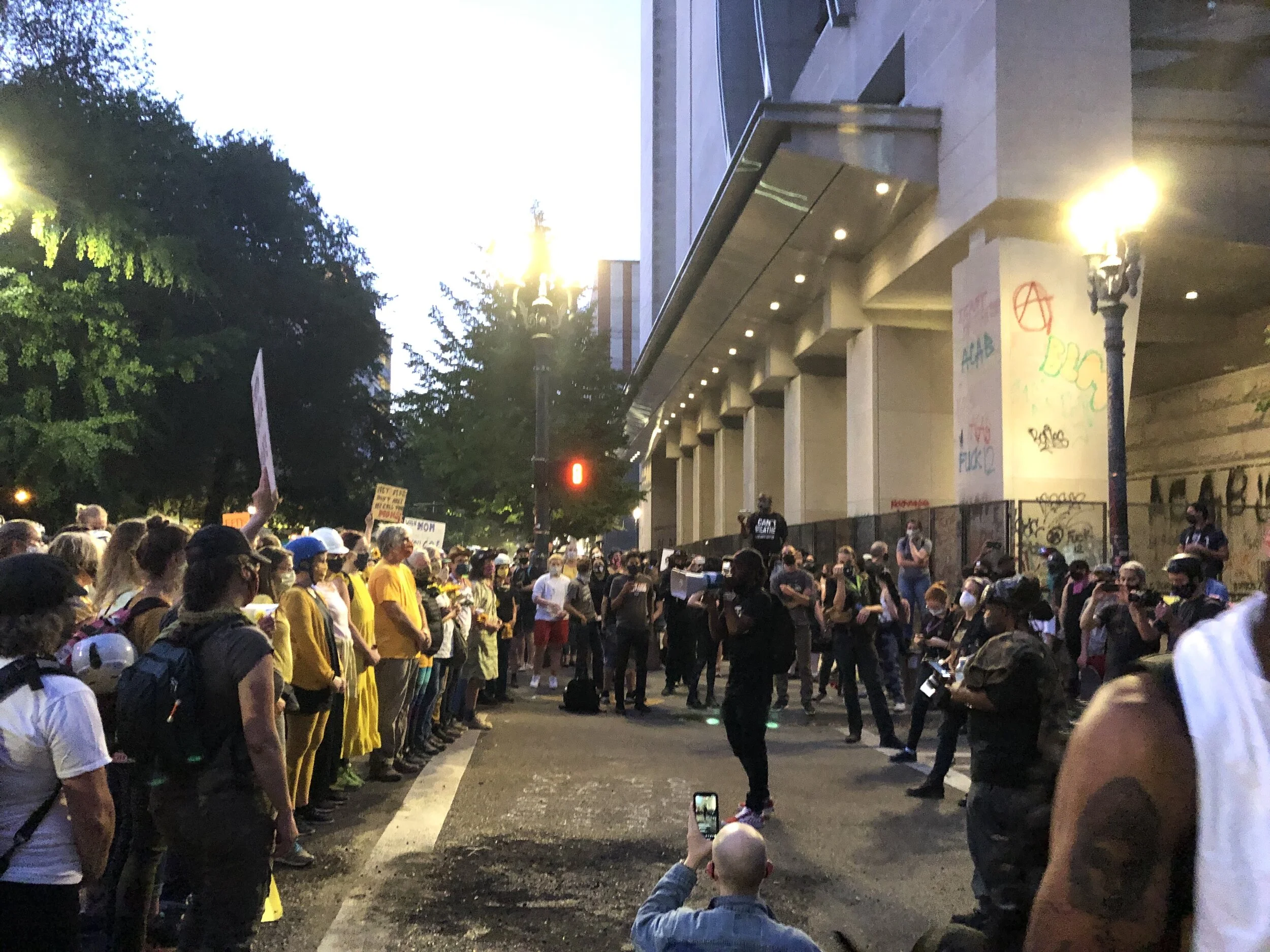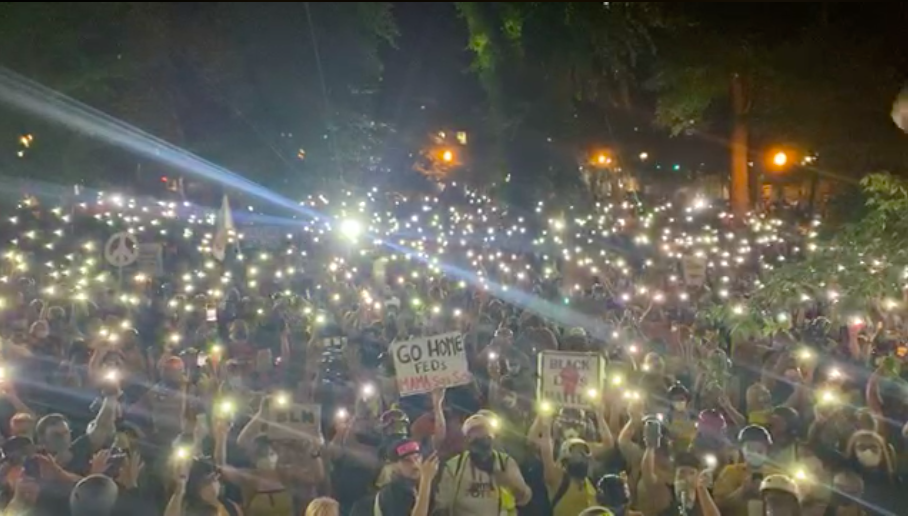On the Reality of Illegal Abortions in a Post-Roe America
Gloria Steinem and Ann Carroll
This is the second installment in a series on abortion and the implications of the seeming impending loss of federal abortion protections in America. Part 1 in this series can be found here.
May 11, 2022
Despite having secured the freedom of choice in 1973 (right before women were guaranteed federal protections to bank free of gender discrimination), we appear on the brink of another era in America in which a woman’s body is not entirely her own. The implications of this are vast, with the undeniable element being that the number of women receiving unsafe abortions, or those attempting to self-induce an abortion through dangerous means, will skyrocket. While it must be said, repeated, and shared that abortion pills can now safely allow women to self-administer abortion, access to pills, healthcare services, and information is uneven and those most likely to suffer are low-income women, women of color, trans people, and pregnant people experiencing abuse.
Abortion restrictions do not stop abortions, they simply prohibit safe and legal abortions. Many of the women we know and love who came of age before Roe v. Wade (or who lived in countries with abortion restrictions) had illegal abortions. It is once again time for us to discuss this reality and openly acknowledge the fact that, in order for women to be as free as men to individuate and live their truest lives, they need total control over their own bodies and healthcare decisions—the kind of control over one’s life that any adult would expect to have in a free society. Women’s psychological well-being cannot be separated from her reproductive freedoms. Discussions of younger women’s psychological lives in America must once again center her rights—or lack thereof—to choose the life she wants.
I frequently find myself thinking about the dedication page of Gloria Steinem’s memoir, My Life on the Road.
THIS BOOK IS DEDICATED TO:
Dr. John Sharpe of London, who in 1957, a decade before physicians in England could legally perform an abortion for any reason other than the health of the woman, took the considerable risk of referring for an abortion a twenty-two-year-old American on her way to India.
Knowing only that she had broken an engagement at home to seek an unknown fate, he said, “You must promise me two things. First, you will not tell anyone my name. Second, you will do what you want to do with your life.”
Dear Dr. Sharpe, I believe you, who knew the law was unjust, would not mind if I say this so long after your death:
I’ve done the best I could with my life.
This book is for you.
Another American woman in Europe, in her twenties, around the same time as Gloria Steinem, was also in need of an abortion. Ann Carroll, having just started the long process of a Ph.D. at the University of Munich, with only the rudiments of the German language, was not ready to be a mother.
Ann, in case you are not familiar with her story, went on to earn a Ph.D. in Philosophy, study James Joyce, create a pictorial translation of The Prajnaparamita Heart Sutra, create sculpture-filled gardens, and become the third member of our Red Book salons at The Salome Institute many decades following her abortion. In a couple of weeks, Ann will also teach a two-session seminar on key concepts of Taoism with us.
This is Ann’s story of her illegal abortion, which she has given me the following full, and eloquent permission to share. Please note for sensitive readers that some of what follows contains graphic descriptions of an illegal abortion.
“Please feel more than welcome to use my own experience of abortion. The voices that negate Roe v. Wade are the same voices that would silence women about speaking about abortion through the longstanding, unquestioned projection of shame—the shame surrounding our sexuality passed on down from generation to generation, absorbed in our mother’s milk.
I think what you are talking about by openly bringing abortion into the conversation is our no longer being willing to buy into Eve’s story. I think Eve’s supposed shame and responsibility for the vast powers and implications of ‘sexuality’ (the reproductive mystery of the ongoing creative energy of the Earth) is an enormous and central battleground in Western Civilization that has held us silent for 2,500 years.
Why in God’s name are we as women, metaphysically and physically, the ones to be existentially sentenced to shame? (Hester Prynne having to wear a scarlet “A” forever on her breast.) It really is a patriarchal outrage. Not only are we left with the fruit of the sexual encounter right there in our own bodies, not only are we the ones with the inevitable emotional and physical wounds of that immense decision to go through or not go through, but then that decision is not even in our own hands—and he (no shame on him) is free to go off in search of his own fate.
So, you ask about my abortion.
I think it must have been 1960, which was only 15 years after the end of WWII. The doctor I’d found brought me in and, without any anesthesia, tied a wire around the umbilical cord and sent me off to my student apartment to simply let the embryo die a slow, painful death. What followed for me was a night of unbelievable, excruciating pain. I was drowning in sweat and agony. At 5:00 AM, I returned to the office, where the doctor surgically severed and removed the embryo. I was screaming in pain and he forcefully told me to be quiet so I didn’t wake the neighbors. Being in Germany at the time, I couldn’t help wondering what his wartime affiliation had been. That experience, and the brutal handling of both my body and soul, would affect the entire course of my life.”
Ann went on to earn her Ph.D. in Philosophy while living in Germany. She later had two children, two stepchildren, and eight grandchildren.
Donate to support access to safe abortions for pregnant people. Even without the protections of Roe v. Wade, women and other pregnant people do not need to endure what Ann endured. Help to guarantee protections.
For more information on the implications of overturning Roe v. Wade and what to do about it, there is no one better than Jill Filipovic. Subscribe to her newsletter.
xo, Satya
Satya Doyle Byock, Director of The Salome Institute of Jungian Studies








